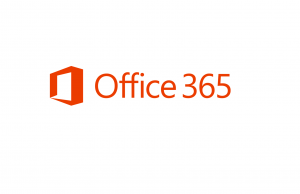In 2014, due to rapidly increasing student numbers, Information Technology reassessed university’s e-mail configuration to avoid a shortage of storage space. Subsequently, student accounts were moved to Office 365, a cloud-based service which integrates with existing software used on campus.

At the moment, staff e-mail accounts are hosted and maintained locally on our Exchange servers. However, as with the student accounts, staff e-mail accounts will also be migrated to Office 365 within the next few months.
Initially only the e-mail service, Outlook, will be hosted in the cloud, but later staff will also have access to their documents wherever they go via Office 365 applications, e.g. OneDrive, Word, Excel and Powerpoint.
Other than a welcome increase in e-mail storage space to 50GB, there are various other advantages:
- less archiving due to more storage space
- saves time and increases productivity
- a new and improved e-mail web interface
- better availability
- more secure
Little or no e-mail downtime is anticipated during the migration. Accounts will be moved in groups, per department, to ensure as little disruption as possible. Communication on the matter will be facilitated through the Head of Department and secretaries.
If you have any questions, please contact the IT Service Desk at 021 808 4367 or helpinfo@sun.ac.za.


 Every year you have to go to your doctor to get an anti-flu injection. You have to get one every year because the influenza virus mutates and adapts every year into a new strain. Computer viruses are exactly the same! Here are a few handy tips and hints to ensure the whole process is as painless as possible. But first things first –
Every year you have to go to your doctor to get an anti-flu injection. You have to get one every year because the influenza virus mutates and adapts every year into a new strain. Computer viruses are exactly the same! Here are a few handy tips and hints to ensure the whole process is as painless as possible. But first things first –
